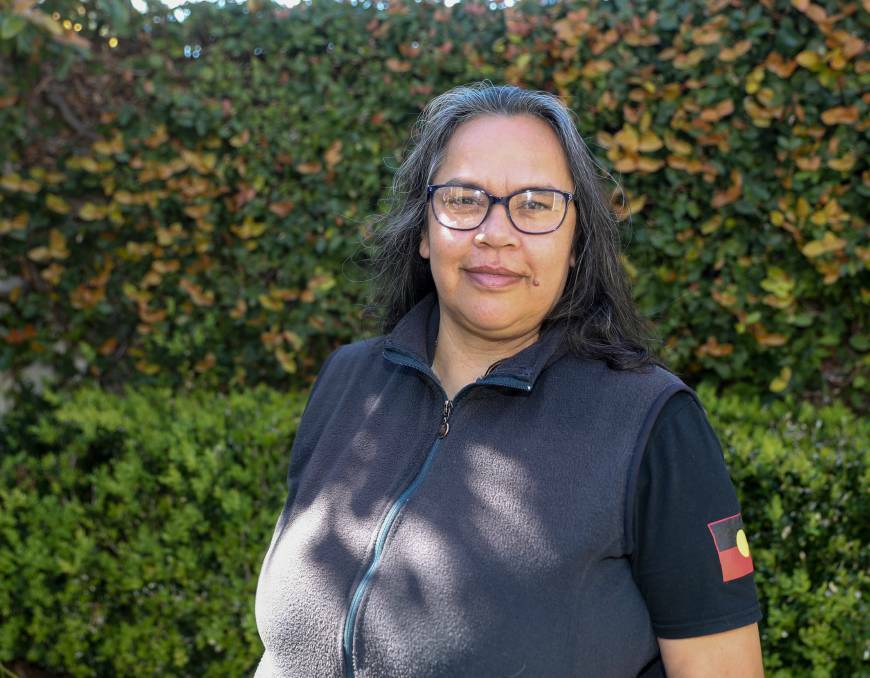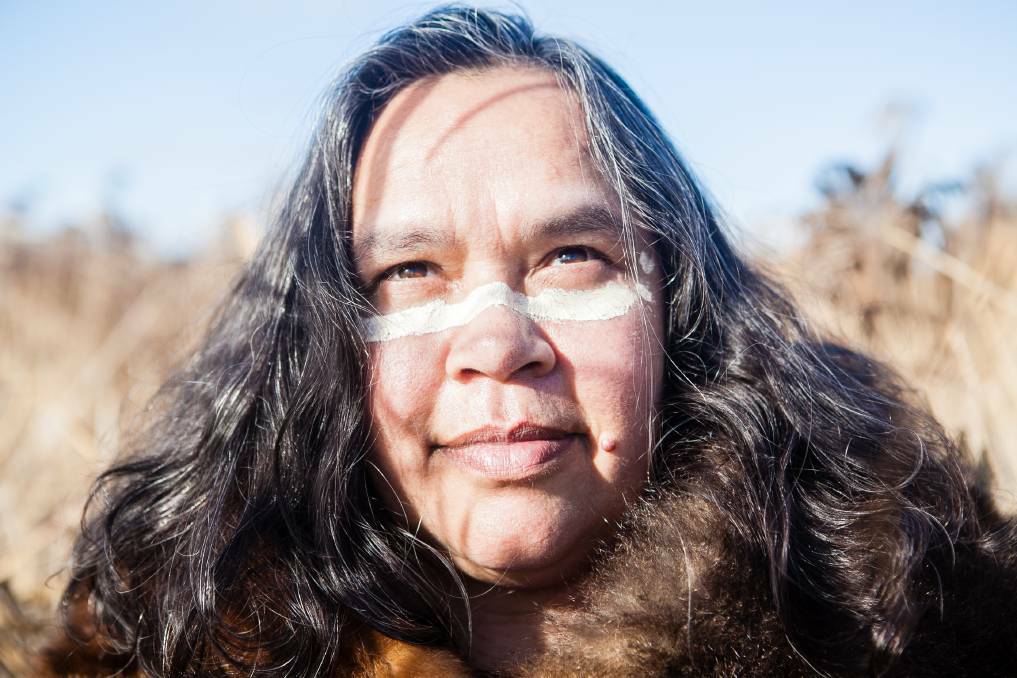
THE failings of the state laws evidenced in Warrnambool have been documented in a landmark report tabled in Parliament this week.
Subscribe now for unlimited access.
or signup to continue reading
Gunditjmara elder Charmaine Clarke is an Aboriginal family violence senior practitioner, who ran for political office in the 1990s and is a respected community leader in the south-west.
But as she dined at her favourite Warrnambool restaurant, the proud proactive and university-educated Gunditjmara woman was reduced to "just being a stupid Abo" as she became the target of offensive and racial slurs by young men at the venue.
When Ms Clarke tried to pursue the incident with Warrnambool police under racial vilification laws, she said she faced challenges including the police not having the right experience or training and the high legal threshold.
She then lodged a complaint with the Australian Human Rights Commission but was unable to pursue the matter because of police mishandling her case.
A letter seen by The Standard shows police did not compile a brief of evidence and the notes regarding the matter had been 'misplaced', meaning the alleged offenders could not be followed up.
The incident became a case study in the final report of the anti-vilification protections inquiry tabled this week.
The report contains 36 recommendations to the state government that strengthen Victoria's anti-vilification laws and help prevent and address vilification in Victoria.
Ms Clarke was failed by the system but wants her case to be the conduit for change.
When is it going to stop, if it's left unchallenged?
- Charmaine Clarke
"They did not do due diligence in my case," she said. "I was left feeling vulnerable and betrayed by the system.
"We could have entered into reconciliation, I just wanted an apology and acknowledgment that it was wrong, but nothing came from it.
"The case shows the failings of the system when people try to use the law and protect themselves from racial discrimination.
"I did everything right, I played by the rules, I followed the processes but the process itself is what failed.
"Things didn't work out the way I'd hoped but I'm optimistic because there's potential for fundamental change."
As an Indigenous person, Ms Clarke said the experience of racism in Australia was effectively a life-long burden.

"Australians would like to think this is an egalitarian society, but the reality is racism is so deeply woven into its social fabric," Ms Clarke said.
"I've been spat on, almost run over by a car, refused service on numerous occasions and exposed to predatory behaviour and sexual assault due to my gender and race.
"In my community I am considered an elder, and I actively advocate for reconciliation in my town, giving talks and welcome ceremonies, and I participate on a number of committees as an Indigenous voice.
"In that moment I felt fear, humiliation, I was shaking, embarrassed and deeply ashamed - a proud, proactive and university-educated Gunditjmara woman reduced to just being 'a stupid Abo'."
She said many Indigenous people experienced racism and vilification throughout their lives and efforts to seek both protection and remedy to racial vilification was difficult to prove under the former legislation.
"I don't think it's unique and this is the stumbling block for Indigenous applicants to trusting the system, it has a lot of failings.
"So I welcome the potential changes to the laws, giving greater access to legal recourse and broadening the scope of protection from harmful racist behaviour for Indigenous Victorians."
Warrnambool police were contacted by The Standard for comment.
READ MORE:
- Gunditjmara Elder Charmaine Clarke takes action against racism after Warrnambool incident
- The Standard launches new podcast series 'Voices Worth Listening To'
- South-west Indigenous and political leaders share their beliefs about Australia Day's date
- Stolen Generations Redress Scheme welcomed but process worries Gunditijmara elder
Have you signed up to The Standard's daily newsletter and breaking news emails? You can register below and make sure you are up to date with everything that's happening in the south-west.















